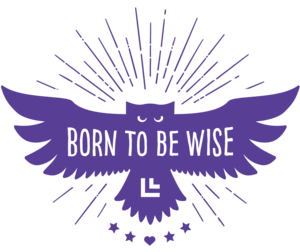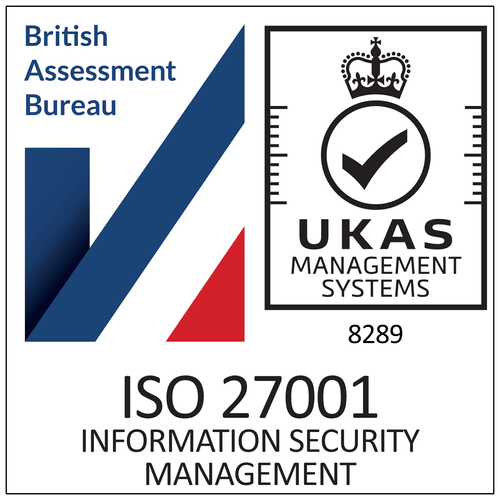This article walks you through the abbreviations LXP, TMS and LMS. The aim is to help you choose the right platform for your organization.
The LMS - traditionally "just" a Learning Management System
LMS, or Learning Management System, may not ring a bell for everyone. But for those within the HR, People & Culture, or Learning & Development space, it might be a more familiar term. The LMS was introduced in the 1980s as a tool to distribute courses. Back then, courses were built within an external authoring tool and packaged through SCORM. The LMS could also be used to track course completion.
Thanks to the long history of LMS, user-friendliness may not be the first thing that springs to mind. Many HR professionals probably want to forget all about the early experiences. Unfortunately, not much has changed on the market. Many LMSs are still clunky and lack flexibility and ease-of-use. They simply do not live up to the modern expectations. For this reason, modern LMS providers work tirelessly ro reclaim the word “LMS”. Others introduce new, tricky abbreviations.
The rise and fall of the LXP
The LXP, or Learning Experience Platform, has a stronghold on the market today. Back in 2015, when it was first launched, it had many different features to the LMS. The LXP's main purpose was to distribute off-the-shelf courses, as opposed to in–house produced content.
Admin and automation became secondary as the visual interface got a face lift. "Netflix for courses" soon became a buzzword. The aim was to create customized learning journeys and learning experiences. Both to encourage self-driven development.
Although made with good intentions, the lack of (LMS)-functionalities soon became an issue. The LXP providers responded by adding admin and automation features. The result? An LMS with off-the-shelf content, which is basically the definition of a modern LMS.
So the big question remains: what is the difference between an LMS and an LXP? In most cases, none. Modern LMSs come with a modern and user-friendly interface and provide off-the-shelf content.
TMS - great for talent management, not learning & development
TMS, or Talent Management System, is a talent platform for HR professionals. It is mainly used for recruitment and onboarding of new employees. Organizations also use it for performance appraisal, employee development, and internal talent mobility. Salary and benefits can also be managed within a TMS.
In other words, the TMS is an excellent complement. But can it replace a modern LMS (or an LXP)? In most cases, no. The learning modules within most TMSs will not do the job. This is not surprising, as learning and development is not the primary function of a TMS.
Why choose a modern LMS?
First of all: do not get hung up on abbreviations. Instead, focus on what the platform can do to support your organization. Both short-term and long-term. The same goes with new and invented expressions like "more than an LMS". More often than not, this is only a communication strategy. Instead of buying into marketing, focus on your organizational needs. Find out if the platform will help you gain a competitive advantage in the long run.
A modern LMS can be an invaluable tool for forward-thinking HR, People & Culture and L&D professionals. It helps ensure completion of mandatory training whilst automating course workflows and administration. They can create everything from microlearning and online courses to employee onboarding and dynamic training programs. All with impactful and up-to-date course material.
Do you need a platform for employee onboarding? Consider getting an LMS from the start. An onboarding platform may be great for onboarding only. But if you have plans to expand your training interventions over time, it may be a good idea to invest in a platform to grow with.
Modern organizations involve their subject matter experts in the course creation process. Both for employee training as well as customer and partner education. For that reason, a modern LMS can also be used by Customer Success Managers and those educating customers or partners. A modern LMS, like Learnster, allows you to invite subject matter experts to create, update and review course material.
At Learnster, we have been developing the LMS of tomorrow since 2018. We continuously launch new functions and make user-friendliness our top priority. As well as creating your own courses, you can source and distribute off-the-shelf content. In other words, Learnster is far away from its slow and clunky precursor. But it is still an LMS. Learnster is the LMS of tomorrow for growing organizations.
Learnster - the LMS of tomorrow for learning organizations






